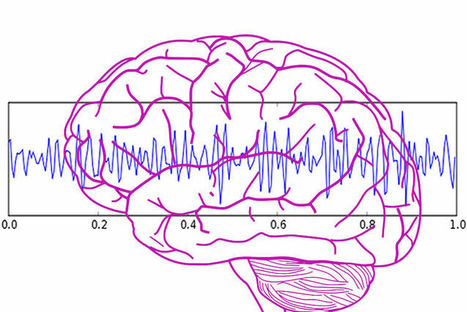A key finding from neuroscience research over the last few decades is that non-conscious preparatory brain activity appears to precede the subjective feeling of making a decision. Some neuroscientists, like Sam Harris, have argued that this shows our sense of free will is an illusion, and that lay people would realize this too if they were given a vivid demonstration of the implications of the science (see below). Books have even started to appear with titles like My Brain Made Me Do It: The Rise of Neuroscience and the Threat to Moral Responsibility by Eliezer J. Sternberg.
However, in a new paper, Eddy Nahmias, Jason Shepard and Shane Reuter counter such claims. They believe that Harris and others (who they dub "willusionists") make several unfounded assumptions about the foundations of most people's sense of free will. Using a series of vivid hypothetical scenarios based on Harris’ own writings, Nahmias and his colleagues tested whether people's belief in free will really is challenged by "neuroprediction" - the idea of neuroscientists using brain activity to predict a person's choices, and by the related notion that mental activity is no more than brain activity.
Via iPamba, Miloš Bajčetić



 Your new post is loading...
Your new post is loading...









